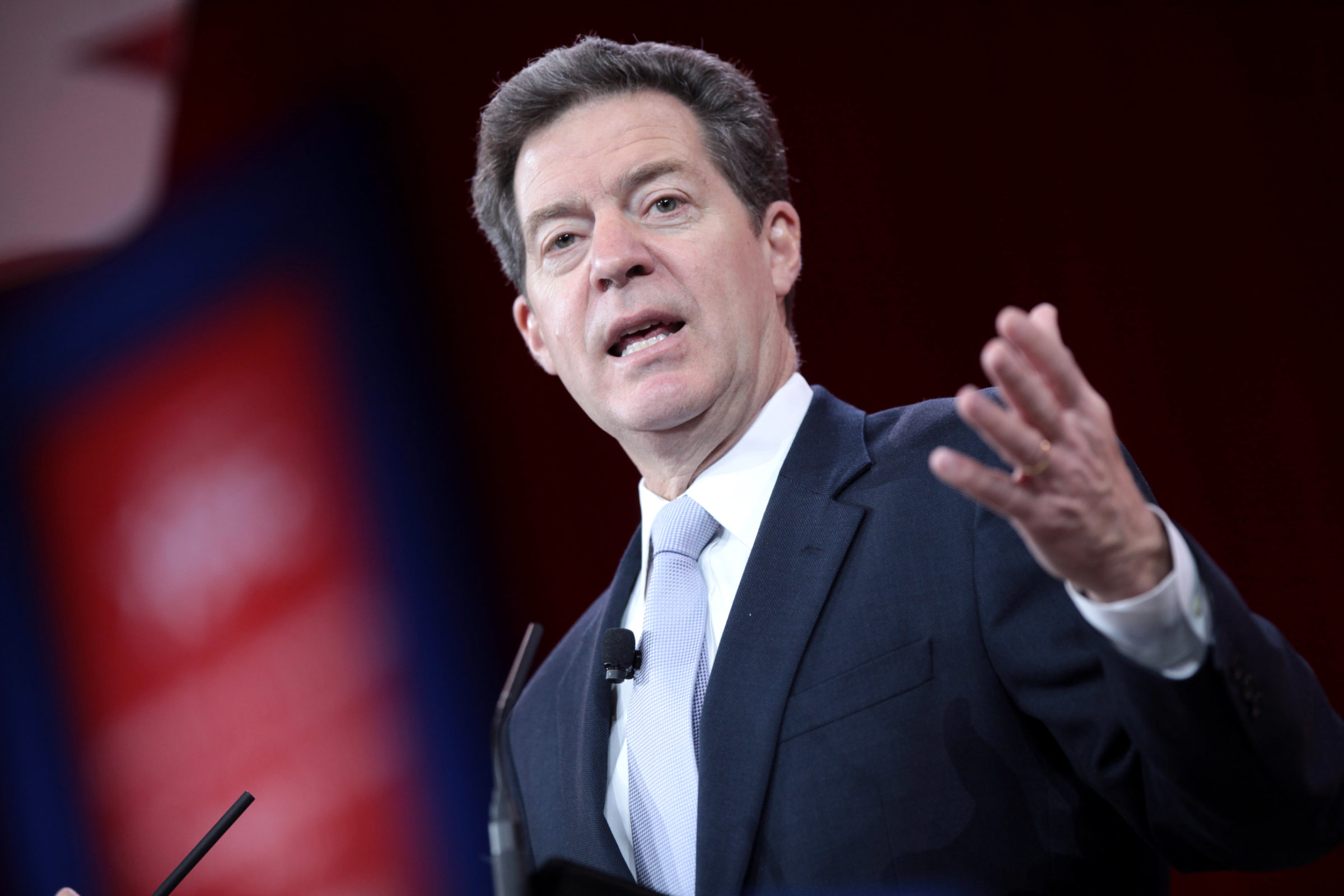Sam Brownback on the Importance of Religious Freedom to World Peace and Prosperity
Supreme Court Justice Frank Murphy once opined that freedom of religion has “a double aspect—freedom of thought and action.” In other words, to be truly religiously free, one must not only be at liberty to believe, but act consistently with those beliefs.
This concept of religious freedom—the right to live and act according to one’s faith—has historically been assaulted by totalitarian government authorities. For example, early in the Second Century–when Pliny the Younger was a provincial governor in the Roman Empire–he wrote a letter to Emperor Trajan asking whether he was correct in executing Christians who refused to burn incense in worship of the emperor. Trajan said he was right to punish Christians, not because he cared what they believed, but he worried, refusing to engage in emperor worship was a means of rebellion and setting themselves apart from the reigning social order.
In modern times, such oppression came to be seen as a profound violation of human rights. Thus, the very first clause of the First Amendment (1789) states, “Congress shall make no law respecting an establishment of religion, or prohibiting the free exercise thereof.” More broadly, Article 18 of the United Nations Universal Declaration of Human Rights (1948) provides: “Everyone has the right to freedom of thought, conscience and religion; this right includes freedom to change his religion or belief, and freedom, either alone or in community with others and in public or private, to manifest his religion or belief in teaching, practice, worship and observance.”
That’s unequivocal. Freedom of religion means the right to live according to one’s own faith, that is, to “manifest” our religion or belief in practice, both “in public or private,” without interference from the state.
Alas, freedom of religion is often as much under assault these days as in the time of Pliny the Younger. Indeed, assaults on religious practice are becoming increasingly commonplace. The questions are why, and what can be done about it?
No one has put more thought into this urgent matter of human freedom than my guest today, Sam Brownback. Brownback served as ambassador at large for international religious freedom from February, 2018 until January, 2021. He also served as governor of Kansas from 2011 to 2018. Prior to that, he represented his home state in the United States Senate and in the house of representatives while a member of the Senate, he worked actively on religious freedom issues in multiple countries and was a key sponsor of the international religious freedom act of 1998.
When Brownback left government service, he formed the National Committee on Religious Freedom, a nonprofit organization concerned with defending religious liberty in the United States. This is his third appearance on this podcast.
ChasedAway — NCRF (thencrf.org)
Should Muslims Really Welcome Denmark’s Proposed Anti-Blasphemy Law? | Cato at Liberty Blog
Should Muslims Really Welcome Denmark’s Proposed Anti-Blasphemy Law? | Cato at Liberty Blog
